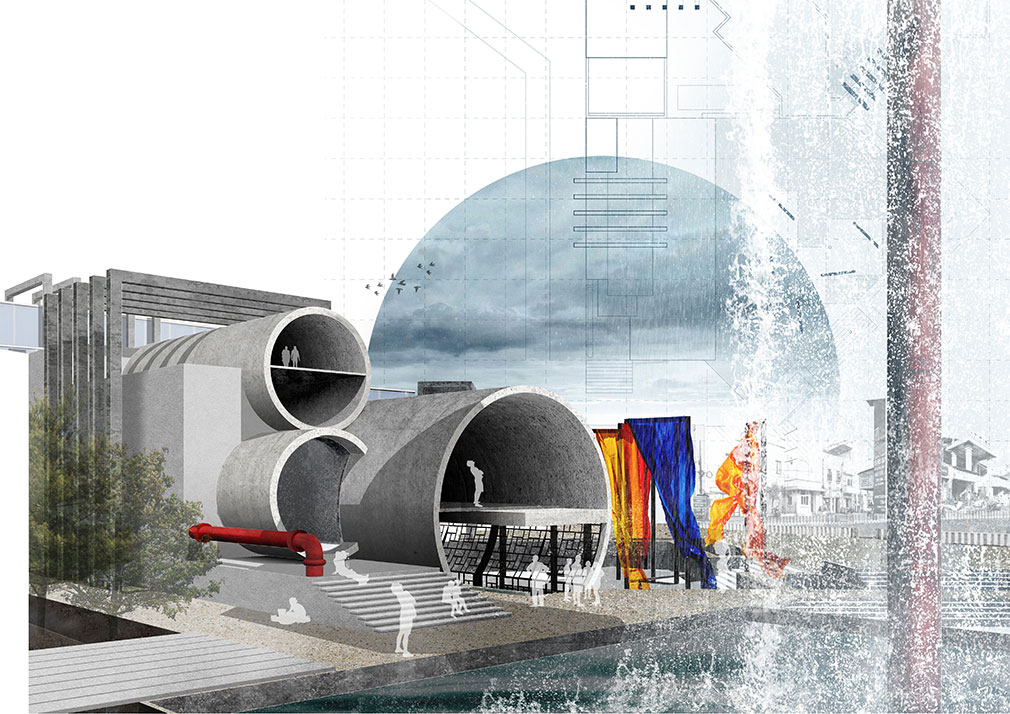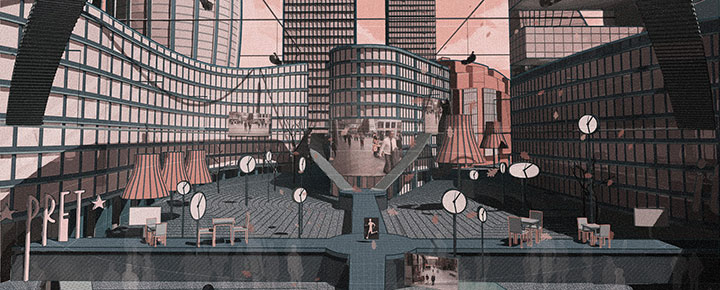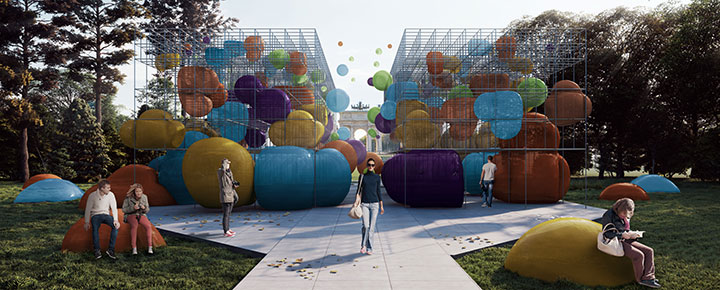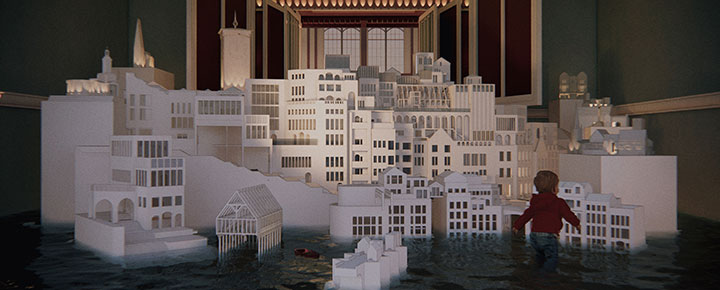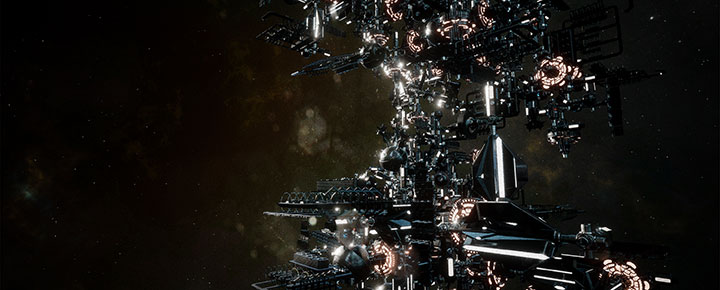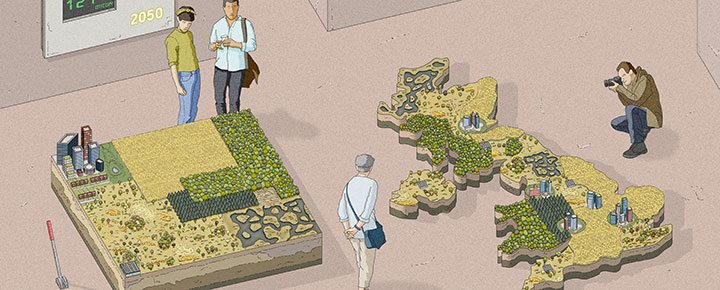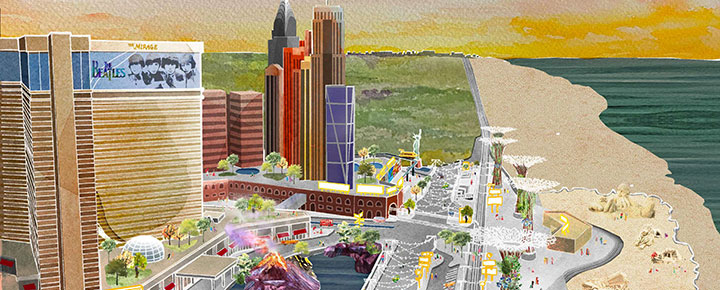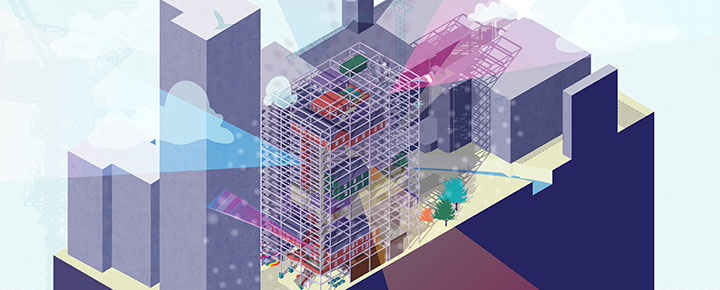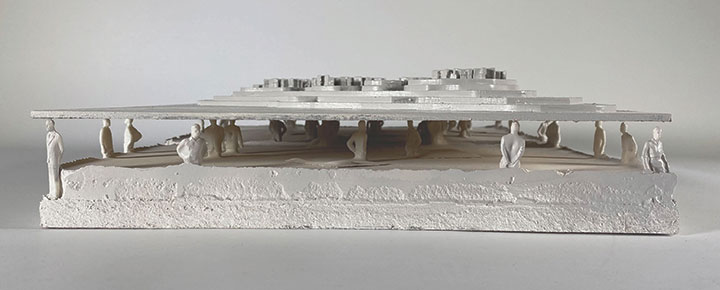This year we reflect upon the progress of the last academic year in extraordinary circumstances. The global pandemic and the resultant lockdown have radically altered the manner in which we interact with each other, and thus transformed the way in which architecture is taught, discussed and disseminated. The unthinkable and the inevitable have happened, but the MArch programme has risen to the challenge; digital face-to-face tutorials, collective seminars, group discussions, visiting critics and guest lecturers, combined with interactive forums, social events, reading groups, online building visits, virtual tea parties and of course – the obligatory lockdown quiz. Thus, the programme has progressed almost as normal – and already, to hold a group discussion with people from five different time zones has begun to be standard behaviour.
The Master of Architecture programme has always been a laboratory for experimentation; indeed, it is the responsibility of all students of architecture to question the validity of the built environment that surrounds them. Students must be enquiring, activist and vigilant. They should expect higher education to provide them with the means to think seriously about the world, to question the manner in which it is occupied, to look beyond the current situation, to understand why and how that has arisen and to imaging alternative futures. All built environments are products of the culture that created that environment, and it is the role of the student to interrogate this, to examine and analyse the existing conditions, to upset the status quo, and propose a different solution. The next generation of architects need to be able to think laterally, to react quickly to the changing situation and at the beginning of the third decade of the twenty-first century have the confidence to think beyond the expected and into a radically new future. Difficult, incomplete and contradictory problems are addressed within the MArch programme, these wicked problems include climate change and environmental degradation, social responsibility and changing priorities within domestic organisation, heritage and the future of the already built, new materials and new methods of construction, and health and mental wellbeing. The vast collection of research-informed projects are testament to the commitment of the staff and the students, to the search for radical solutions to an ever changing world, and also to the pursuit of beauty within architecture itself.
